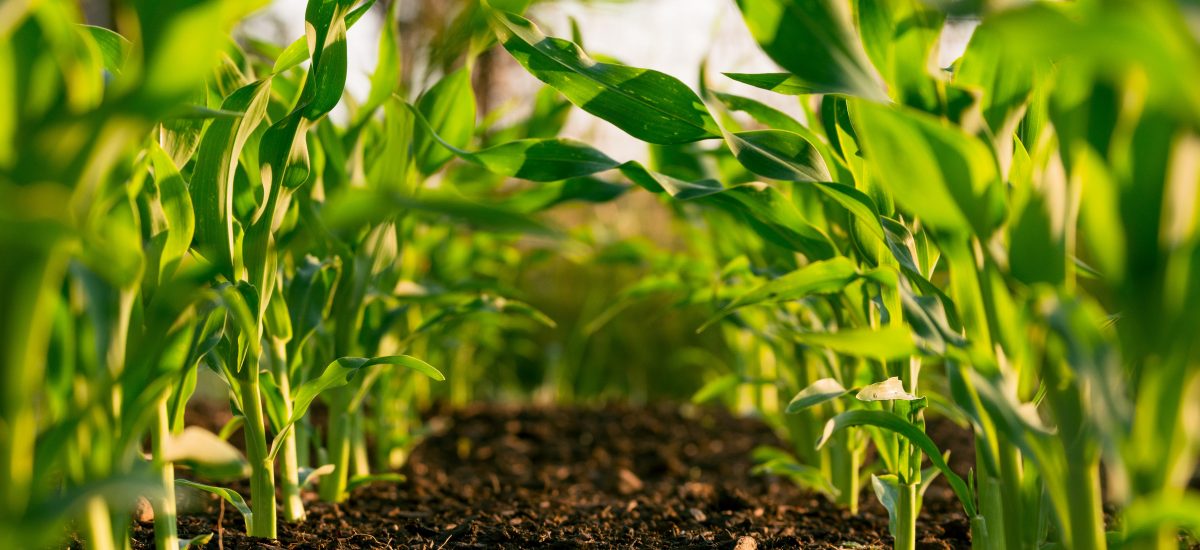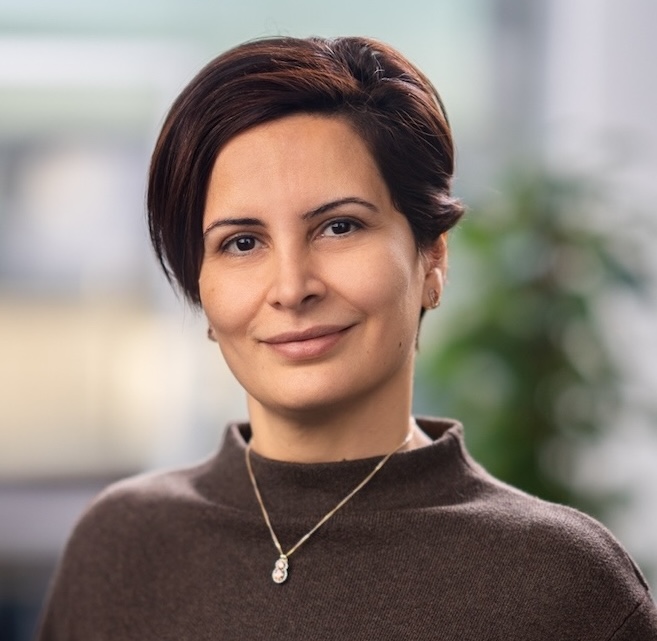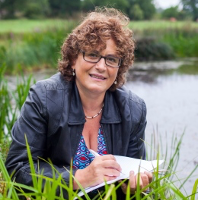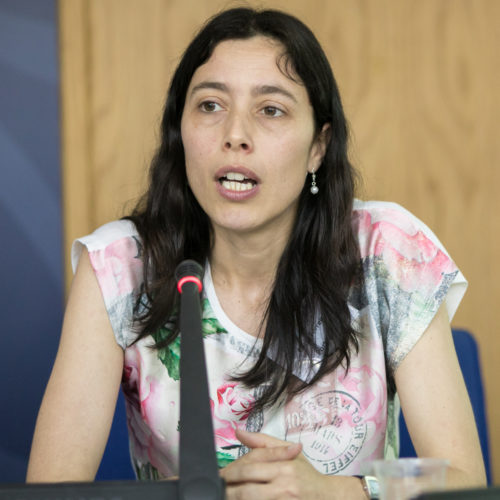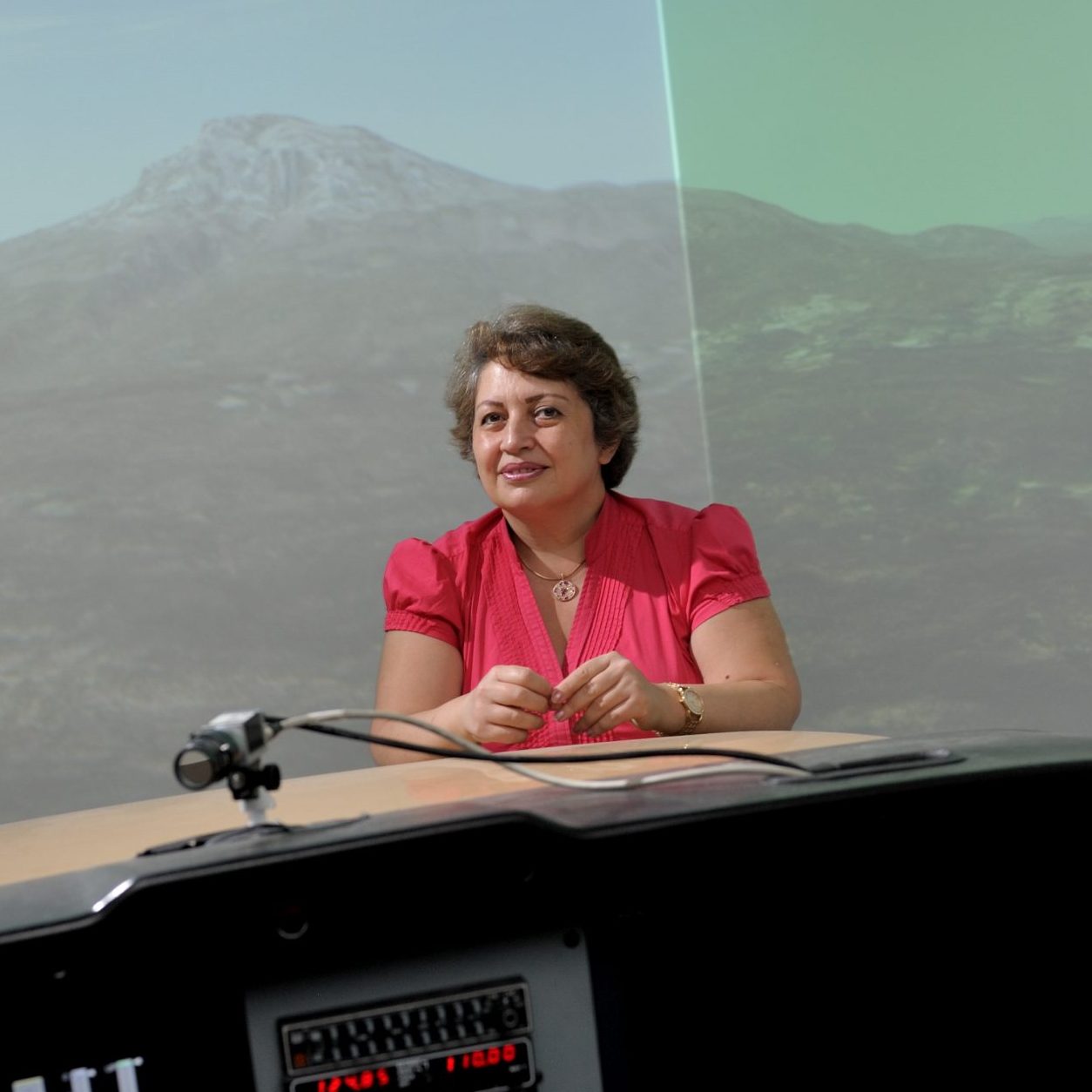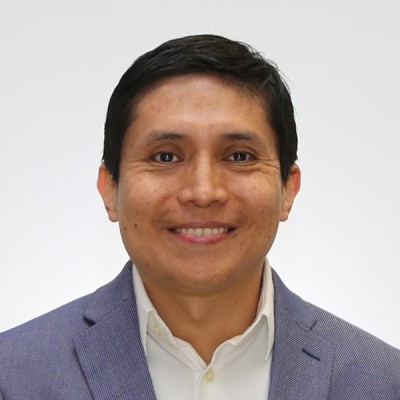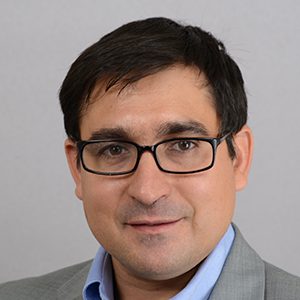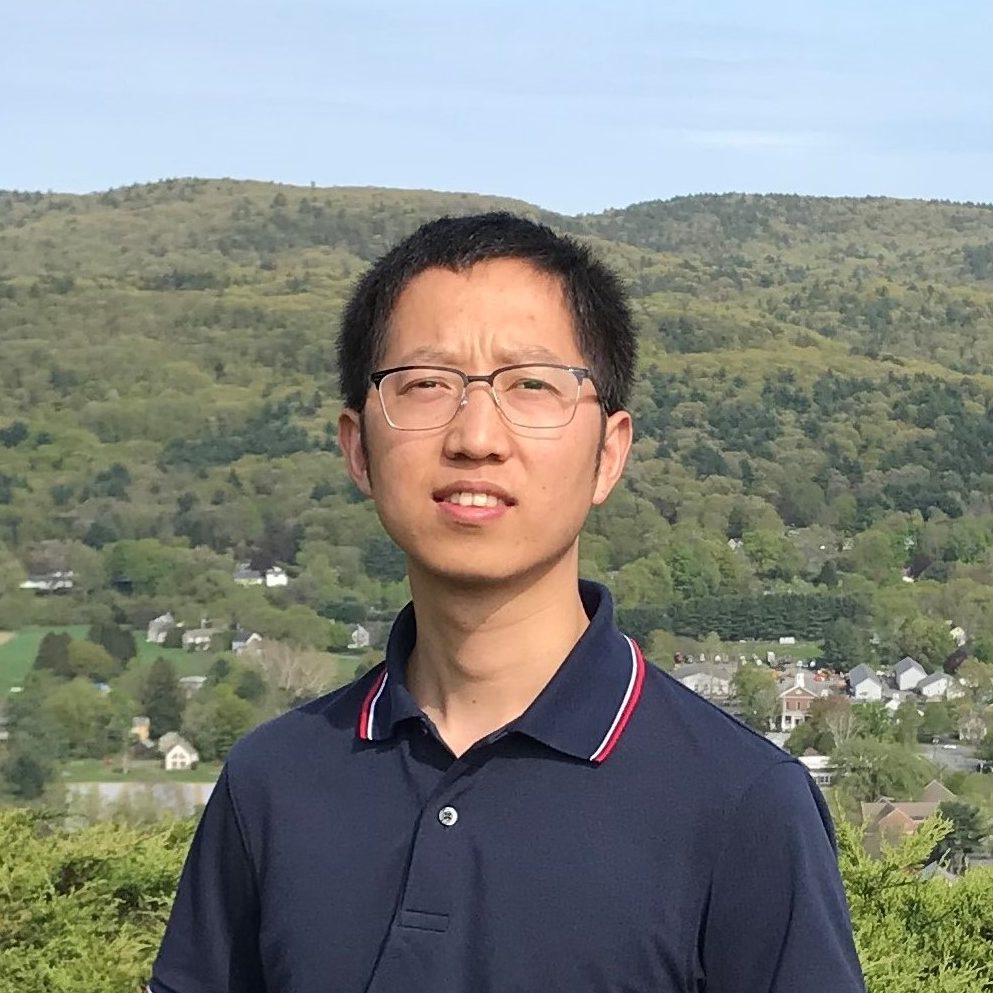About the project
Objective
Soil carbon sequestration in croplands has tremendous potential to help mitigate climate change; however, it is challenging to develop optimal management practices to maximise the sequestered carbon and crop yield. This project aims to develop an intelligent agricultural management system using deep reinforcement learning (RL) and large-scale soil and crop simulations. To achieve this, we propose to build a simulator to model and simulate the complex soil-water-plant-atmosphere interactions, which will run on high-performance computing platforms.
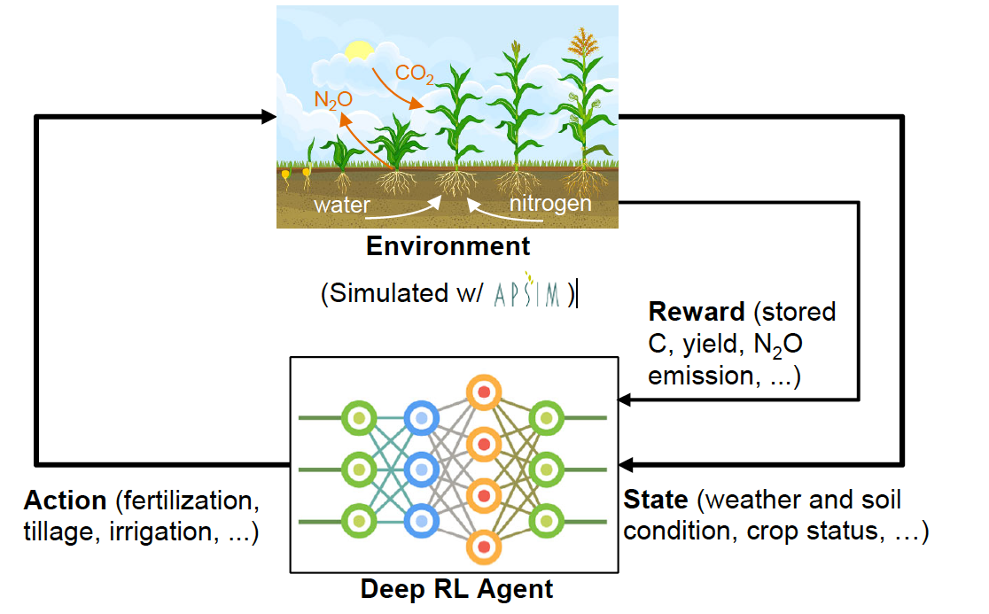
Background
Massive simulations using such platforms allow the evaluation of the effects of various management practices under different weather and soil conditions in a timely and cost-effective manner. By formulating the management decision as an RL problem, we can leverage the state-of-the-art algorithms to train management policies, which are expected to maximise the stored organic carbon while maximising the crop yield. The whole system will be tested using data on soil and crops in both the mid-west of the United States and the Mediterranean region. The proposed research has great potential to impact climate change and food security, two of humanity’s most significant challenges.
Crossdisciplinary collaboration
This project is a collaboration between the University of Illinois at Urbana-Champaign, KTH Department of Sustainable Development and Stockholm University, Department of Physical Geography.

